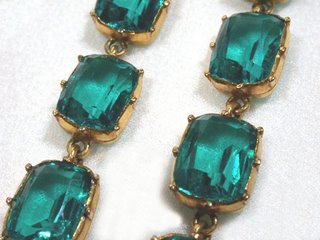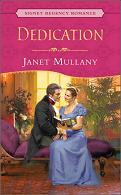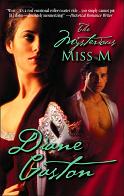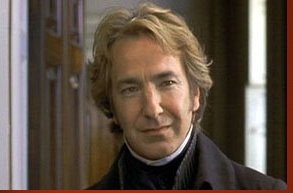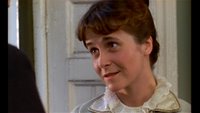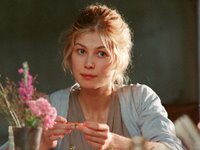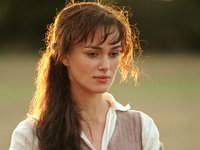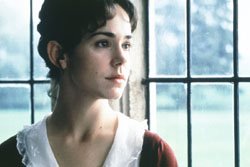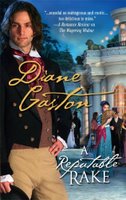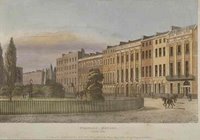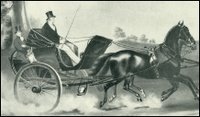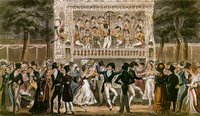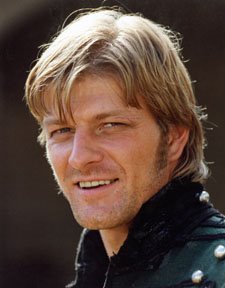
I posted this press release on my own blog a few days ago, and thought it was newsworthy enough to post here, too (and there are questions for you to answer at the end):
SPEND A SHARPE, ACTION-PACKED SUMMER WITH BBC AMERICA
-Romantic war saga stars Sean Bean–
Every Saturday night this summer, BBC AMERICA takes viewers on a sweeping two-hour journey to a new land, a new battle, and a new set of potential love interests with the epic romantic war saga Sharpe. Created by novelist Bernard Cornwell and starring Sean Bean (North Country), Sharpe chronicles the victories and loves of the legendary fictional Napoleonic war hero, Richard Sharpe. BBC AMERICA is showing the complete fifteen-episode series from the first episode, Sharpe’s Rifles, through to the U.S. premiere BBC AMERICA co-production, Sharpe’s Challenge, shot in India. Sharpe’s Rifles premieres Saturday, May 27, 9:00 p.m. ET/10:00 p.m. PT.
Sharpe’s Rifles begins in 1809 when Sharpe is a scrappy Sergeant. After bravely saving the life of a distinguished Captain, he is quickly promoted to Lieutenant and charged with a company of men slated for a rescue mission in Portugal. Throughout June, BBC AMERICA features channel premieres Sharpe’s Eagle, Sharpe’s Company, Sharpe’s Enemy and Sharpe’s Honor. In July and August, BBC AMERICA features channel premieres, Sharpe’s Gold, Sharpe’s Battle and Sharpe’s Sword and the brand-new, never before seen U.S. premieres Sharpe’s Regiment, Sharpe’s Siege, Sharpe’s Mission, Sharpe’s Revenge, Sharpe’s Waterloo and Sharpe’s Justice.
September brings the U.S. premiere of BBC AMERICA co-production, Sharpe’s Challenge, shot entirely in India. The fate of an empire rests in one man’s hands in Sharpe’s Challenge. Two years after the battle of Waterloo, dispatches from India warn that a local Maharaja is threatening British interests. Wellington sends Sharpe to investigate on what turns out to be his most dangerous mission to date.
For up-to-the-minute information on BBC AMERICA, forthcoming U.S. premieres, art work and news from the channel, log on to www.press.bbcamerica.com.
Seeing this made me think of many, many questions. I love reading the Sharpe series (and have never seen the series, so I am way excited), not so much for its time period (Regency), but for the amazing way Bernard Cornwell has with a battle scene, and his ability to throw in some surprising twists even through the course of what appears to be a normal action-packed novel. His writing is so fluid, and so compelling, I learn history without even noticing it. I’ve read his books set in the Middle Ages also, and he has a Civil War series I’ve gotten a few books of, but haven’t read yet.
So–have you read Cornwell? Do you like his writing? If you’ve read the Sharpe series, is Sean Bean a good Sharpe? What other series (historical or otherwise) would you like to see made into movies? Do you find that once a book has been translated to film that it limits the way you imagine the characters? What’s the best book to film adaptation have you seen? And the worst?
Thanks for answering–
Megan
www.meganframpton.com

